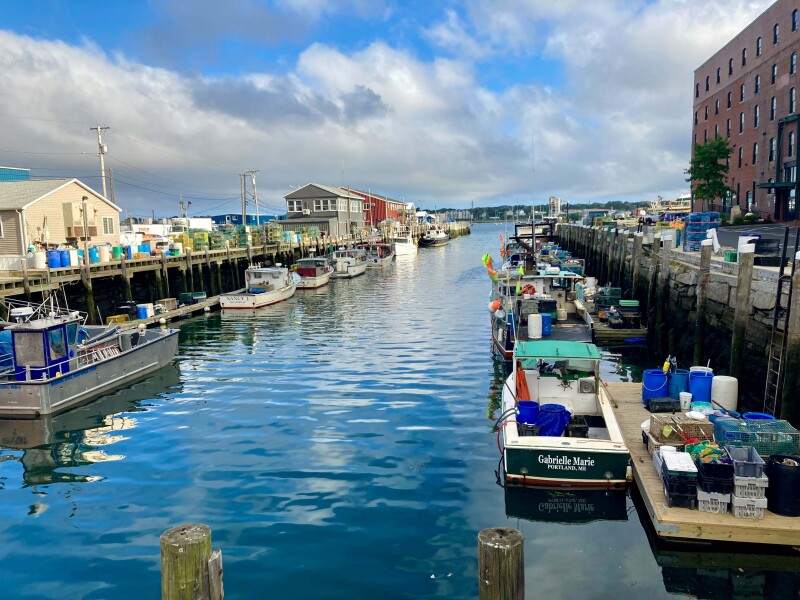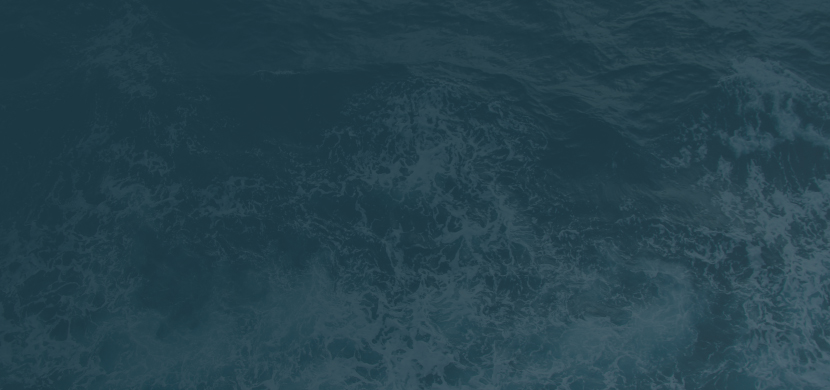June 12, 2024
Farm Bill progress to support fishing and seafood industries

On June 11, Senator Boozman released a Farm Bill framework with several provisions. Photo by Gary Deetz on Unsplash
On Tuesday, June 11, Senate Agriculture, Nutrition, and Forestry Committee Ranking Member John Boozman released a Farm Bill framework that includes several provisions advancing significant and meaningful benefits to fishing and seafood businesses and communities.
The first Farm Bill was the Agricultural Adjustment Act of 1933, part of the New Deal, in response to the drop in U.S. crop prices after the First World War. In 2013, the Farm Bill emerged from the U.S. Senate with two amendments to…

You've caught the limit!
Free membership gives you access to:
- Unrestricted access to all NationalFisherman.com articles.
- Receive in-depth reports and research on various topics related to the fishing industry.
- Up-to-date news updates from the fishing industry delivered directly to your inbox twice a week.






